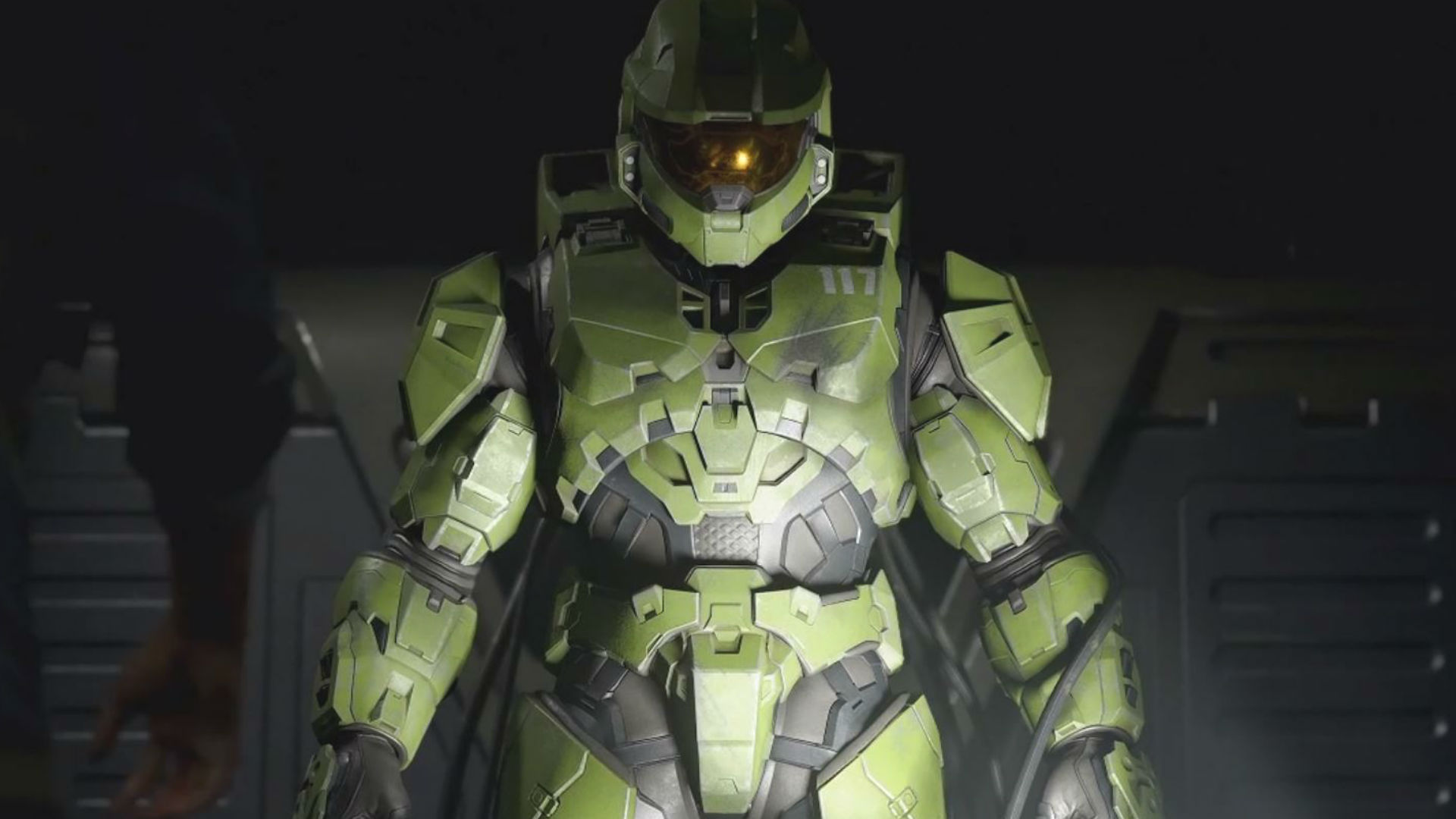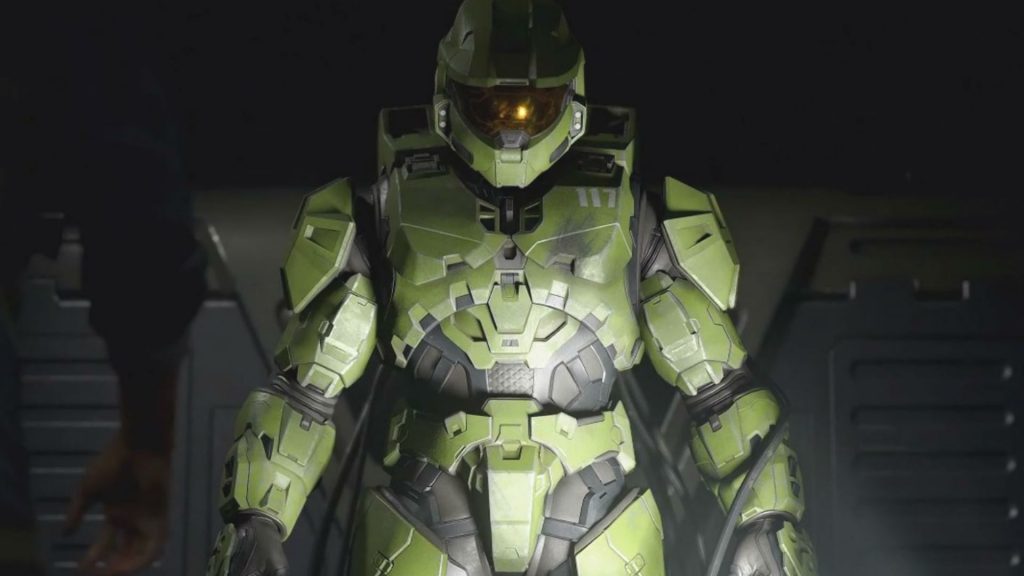Microsoft had a great E3 2019 showcase arguably highlighted by an extended look at Halo Infinite. During a year where “next-gen” was the elephant in the room that seemingly prevented more substantial reveals from taking place, Microsoft confirmed that Halo: Infinite is the next-gen Xbox Scarlett’s first launch game.
It was an incredible reveal and a shocking announcement. However, in the wake of the announcement, we can’t help but wonder if the Halo franchise is still the system seller that Microsoft is hoping it is.
It’s a question that demands you first look at the numbers. Halo: Combat Evolved is considered to be one of the best “system sellers” of all-time. At a time when nobody knew what the future of the Xbox was, Halo proved to such a can’t miss experience that it convinced many to buy an Xbox just to play it. It’s believed to have sold around 6 million copies.
From there, the series’ sales only increased. The much-hyped Halo 2 for Xbox is believed to have sold over 8 million copies, while Halo 3 for Xbox 360 sold somewhere in the neighborhood of 15 million copies. Subsequent Halo 3 spin-offs Halo: ODST and Halo: Reach performed similarly impressive by selling roughly 6.5 and almost 10 million units, respectively.
The only name that matters more in those figures than “Halo” is “Bungie.” Halo creator Bungie’s last Halo title was Halo: Reach. Subsequent games in the series were developed by 343 Industries. To be fair. the transition started off fairly well. The 343-developed Halo 4 almost broke the 10 million sales mark
From there, the first signs of trouble emerged. The Halo: Master Chief Collection (a collection of nearly all Halo titles released to that point) was poised to be one of the Xbox One’s most promising titles in 2014, but it’s believed to have sold less than 4 million units. Some of its comparatively poor sales are attributed to the many technical issues that hindered the game’s online mode.
343’s second standalone Halo title, Halo 5, also arguably underperformed as it sold somewhere over 5 million copies. While not a bad number by any means, it was a far cry from the success of Halo 3 and 4.
You can certainly blame some of the game’s sales shortcomings on the struggles of the Xbox One. After all, the Xbox One was originally going to support some controversial features that hurt the console’s reputation even after they were repealed.
That’s kind of the point we’re getting at, though. The original Halo was such a phenomenon that it helped put the Xbox on the map despite strong competition in the form of the Nintendo GameCube and PlayStation 2. Halo 3 showed the real power of the franchise when you combine Halo, developer Bungie, and a generally well-received console.
Halo 5 and the Master Chief Collection sold about as well as you’d expect relatively good games with a popular name on a relatively low-selling console to perform. They didn’t necessarily elevate the Xbox One beyond its general level of popularity, and Halo 5 was generally well-received but didn’t inspire the kind of enthusiasm associated with other games in the series.
The impression you start to get is that Halo, in and of itself, may be a few years removed from its system-seller status. What does that mean for Halo: Infinite and Xbox Scarlett? Well, it means that the success of either may be tied closer to the quality of both. Microsoft is going to need some kind of hook to attract potential Xbox fans who walked away from the Xbox One. That hook could, theoretically, come in the form of Halo: Infinite, but 343 is going to have to find a way to sell Infinite as perhaps not a return to Halo’s glory days, but a step forward for the franchise that reminds former Halo fans what excited them about the series in the first place.
It’s a daunting challenge that can’t be completed unless Microsoft and 343 recognize that Halo may not be a system seller at this moment but it could be once more.





